How Much Down Payment For Commercial Real Estate – 2025 Updates!
The down payment for commercial real estate is usually between 20% and 30%. Some loans, like SBA loans, can require as little as 10%. The amount depends on the loan and your finances.
Stay tuned with us to learn more about the down payment for commercial real estate. We will explain everything to help you make an informed decision. Keep following for more.
Why Is It Good To Understand The Down Payment In Commercial Real Estate?
It is good to understand the down payment in commercial real estate because it helps you plan your budget. It shows how much money you need to start the deal. It enables you to determine if you are qualified for a loan or not. It saves you from money problems later. It helps you make better business decisions.
What Is A Down Payment In Commercial Real Estate?
A down payment in commercial real estate is the first amount of money you give when you buy a building or land for business. It is paid from your pocket. The rest of the money is mainly taken as a loan. This payment shows your seriousness about purchasing. It is necessary to start the deal.
How Is A Commercial Down Payment Not The Same As A House Down Payment?
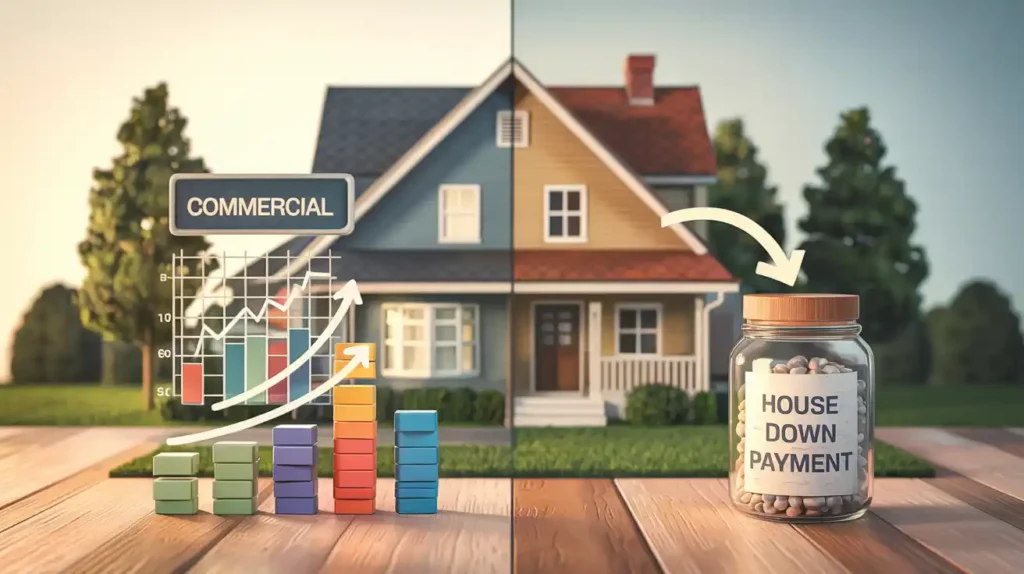
A commercial down payment is not the same as a house down payment because it is usually much higher. In commercial real estate, the down payment is often 20% to 30% of the property’s price, whereas for a house, it is usually 3% to 20%.
Commercial down payments are also based on the business risk, while house down payments are more about personal financial status. Commercial properties may require a higher upfront investment because they are viewed as higher risk.
What Is The Usual Down Payment For Commercial Real Estate In 2025?
In 2025, the typical down payment for commercial real estate ranges from 20% to 30% of the property’s purchase price. This higher percentage reflects the increased risk associated with commercial properties compared to residential ones. For instance, a $500,000 commercial property might require a down payment between $100,000 and $150,000.
- SBA 504 Loans: These loans, backed by the Small Business Administration, require a down payment of 10%. This option is particularly beneficial for small businesses looking to purchase commercial property.
- SBA 7(a) Loans: For loans over $500,000, the SBA mandates a minimum down payment of 10% if the loan is used for a change of ownership. However, individual lenders may set their requirements, which can vary.
Take Analysis To: What Makes Buying A Foreclosed Property Risky – Full Guide!
How Does The Loan Type Change The Down Payment?
The down payment for commercial real estate loans changes based on the loan type. Regular loans typically require a down payment of 20% to 30%, whereas SBA 504 loans can require as little as 10%. The down payment also depends on your financial situation. To get the best advice and real-time information, talk to a lender or commercial real estate expert.
What Things Change How Much Down Payment You Need?
The amount of down payment you need can change based on several factors. Here are the main things that affect how much you need to pay upfront:
- Loan Type: Different loan types require different down payments.
- Property Type: Some properties need a bigger down payment.
- Lender Rules: Lenders may set different requirements.
- Market Conditions: A competitive market may require a larger down payment.
- Credit Score: A better credit score can mean a smaller down payment.
- Assistance Programs: Some programs can lower the down payment.
Have You Explored? Are Real Estate Taxes Paid In Advance Or Arrears – Full Guide!
What Is The Smallest Down Payment You Can Give?
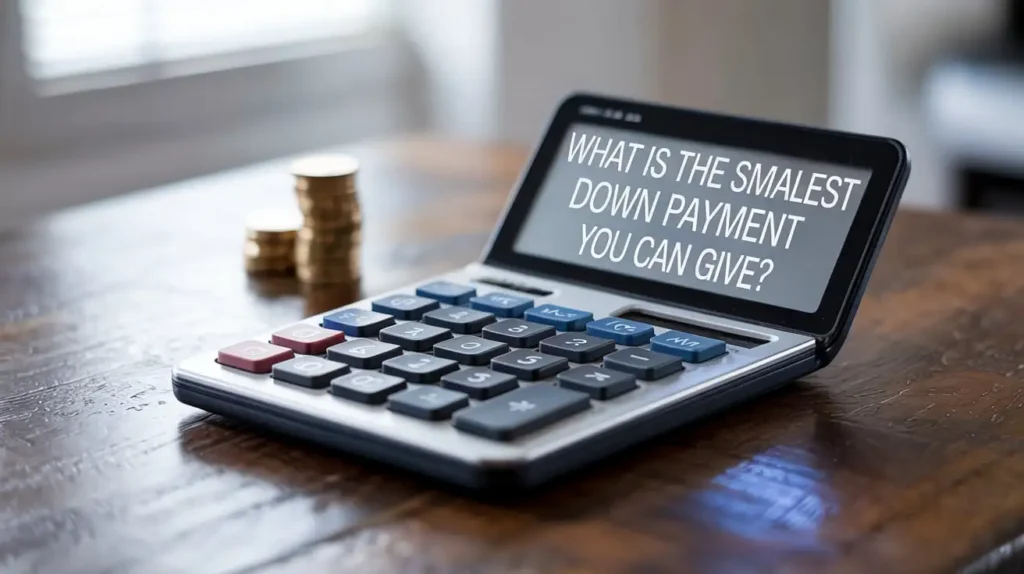
The smallest down payment typically required for commercial real estate is 10%. This is possible with an SBA 504 loan, which helps small businesses. Some situations require a bit more, such as 15%. These loans have specific rules, like the company needing to use the property.
What Is The Difference Between The Smallest And Normal Down Payment?
| Factor | Smallest Down Payment (10%) | Normal Down Payment (20-30%) |
| Down Payment | 10% | 20%-30% |
| Loan Type | SBA 504 Loan | Regular Commercial Loan |
| Eligibility | Small businesses only | Most buyers |
| Property Use | Must be used by the business | Can be used for any commercial use |
| Loan Terms | Lower rates, longer terms | Higher rates, shorter terms |
How Can You Pay Less Down Payment?
There are several ways to pay a lower down payment when buying commercial real estate. Here are some options that can help reduce the amount you need to pay upfront:
- Use SBA Loans: These loans require only a 10% down payment.
- Find Assistance Programs: Some programs help lower the down payment.
- Negotiate with the Seller: The seller may be willing to cover part of the down payment.
- Partner with Someone: A partner or co-signer can help lower the down payment.
- Pick a Low-Risk Property: Lenders may require less down for safer properties.
Interesting Fact: 1031 Exchange Stocks To Real Estate – You Need to Know!
What Are The Good And Bad Things About A Big Down Payment?
| Good Things | Bad Things |
| Lower monthly payments | Requires more money upfront |
| Easier loan approval | You have less money for other things |
| Lower interest rates | It might take longer to save up |
| Less debt to pay off | Ties up money that could be used for other things |
| Shows trustworthiness to lenders | Limits how much you can invest later |
What Are The Ways To Get Money For Buying Commercial Property?
1. Bank Loans:
Banks offer loans to buy commercial property. These loans usually need a down payment of 20% to 30%. To get a bank loan, you need to have a good credit score and show you can repay the loan. It may take some time to get approved, but the interest rates are typically lower compared to other options.
2. SBA Loans:
The Small Business Administration (SBA) helps small businesses buy commercial property with loans. These loans require a smaller down payment, sometimes as low as 10%. They also offer better loan terms, but there are specific rules to follow, such as using the property for your business purposes.
3. Private Money Lenders:
Private money lenders are individuals or companies that lend money for real estate transactions. These loans are often quicker and easier to get than bank loans, but they might come with higher interest rates. Private lenders are a viable option if you need money quickly and cannot obtain a bank loan.
4. Seller Financing:
Seller financing means the property seller acts as the lender, and you make payments directly to them. This can be helpful if you are unable to obtain a traditional loan. However, you and the seller need to agree on the terms of the deal, such as the payment amount and the payment schedule.
5. Crowdfunding:
Crowdfunding allows many people to invest together in buying commercial property. Some websites let investors pool their money to help fund property purchases. This way, you do not need to raise all the money by yourself. However, you have to share ownership and profits with other investors.
6. Self-Directed IRAS:
A self-directed IRA allows you to use your retirement funds to purchase commercial property. This can be a good option if you want to invest your savings in real estate. However, you need to make sure you follow the rules to avoid penalties or taxes on your retirement account.
7. Hard Money Loans:
Hard money loans are short-term loans given by private lenders. They are often used for quick property purchases and are easier to get than bank loans. However, these loans have high interest rates and fees, so they are usually a good option only if you need fast money and plan to pay it back promptly.
You have to Read: Can You Sell Real Estate Part Time – You Need To Know!
What Mistakes Should You Not Make When Paying A Down Payment?
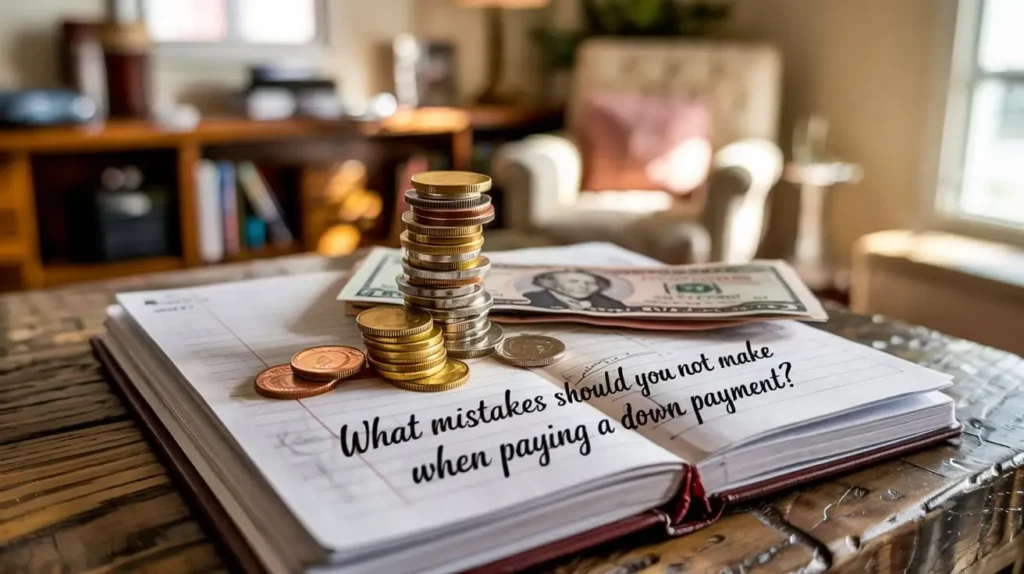
When paying a down payment, there are several mistakes you should avoid. These mistakes can impact your finances and the success of your property purchase:
- Not Saving Enough: Avoid underestimating the amount needed. Ensure you have enough funds for the down payment and additional costs, such as closing fees.
- Using All Your Savings: Do not use all your savings for the down payment. Set aside some funds for emergencies or unexpected expenses.
- Not Checking Loan Terms: Make sure to fully understand the loan terms before paying the down payment. Misunderstanding terms can lead to future financial trouble.
- Neglecting to Budget for Other Costs: Don’t forget other costs like property taxes, insurance, and maintenance. These can add up and affect your cash flow.
- Not Improving Credit First: If your credit score is low, it may result in a higher down payment requirement or higher interest rates. Take time to improve your credit score.
- Skipping Pre-Approval: Don’t skip getting pre-approved for a loan. This helps you know exactly how much you can afford and prevents paying too much for the property.
FAQ’s:
1. What is the required down payment for commercial properties?
The down payment for commercial property is usually between 20% and 30%. It can vary depending on the loan type and the lender.
2. What is the minimum deposit for a commercial property?
The minimum deposit for a commercial property is typically 10%, especially with SBA loans. Other loans may require a higher down payment, such as 20% or 30%.
3. Do you have to put 20% down on commercial property?
You do not always have to put 20% down. It depends on the loan type, with some options requiring as little as 10%.
4. What is the typical deposit for a commercial real estate purchase?
The typical deposit for commercial real estate is generally 20% to 30% of the property price, depending on the loan terms.
5. How much is a down payment on a commercial construction loan?
A down payment on a commercial construction loan typically ranges from 20% to 30% of the total project cost, although this percentage can vary.
6. How long can you finance a commercial building?
You can typically finance a commercial building for 5 to 25 years, depending on the type of loan and its terms.
7. What is typical earnest money for commercial property?
Typical earnest money for commercial property is about 1% to 3% of the purchase price.
8. What is a good-faith deposit in commercial real estate?
A good-faith deposit is often called earnest money and shows the buyer’s commitment. It is usually around 1% to 3% of the property’s price.
9. What is a typical amount of earnest money?
Earnest money for commercial real estate is typically 1% to 3% of the purchase price.
10. What is the interest rate for commercial purchase?
Interest rates for commercial property purchases can range from 3% to 7% or higher, depending on factors such as the loan type and your credit score.
YouTube Video Guide:
Conclusion:
Understanding down payments for commercial properties is key to making wise financial decisions. By understanding the requirements, loan options, and other associated costs, you can be better prepared and secure the best deal for your investment.
You Also Have To Check:
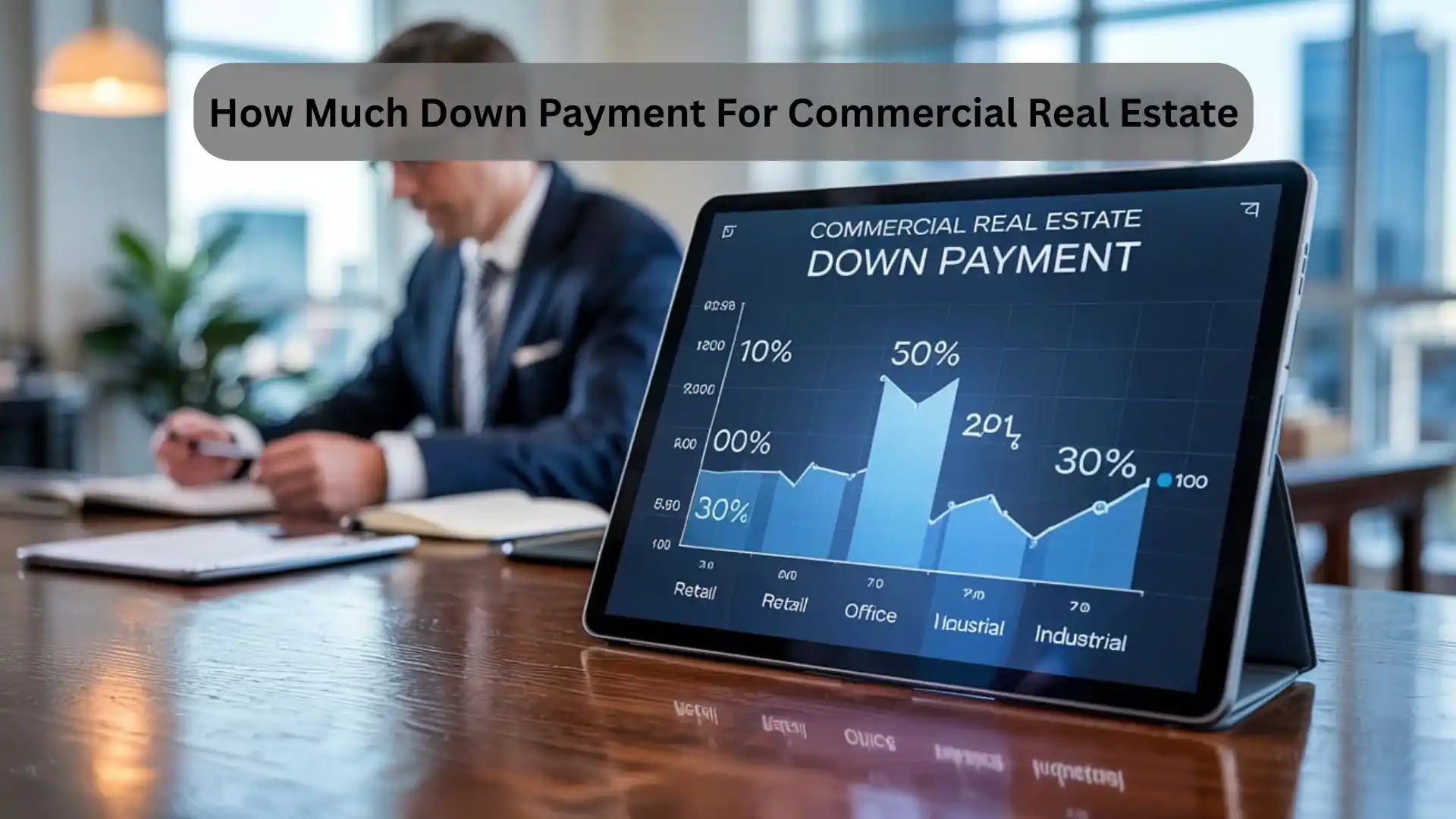
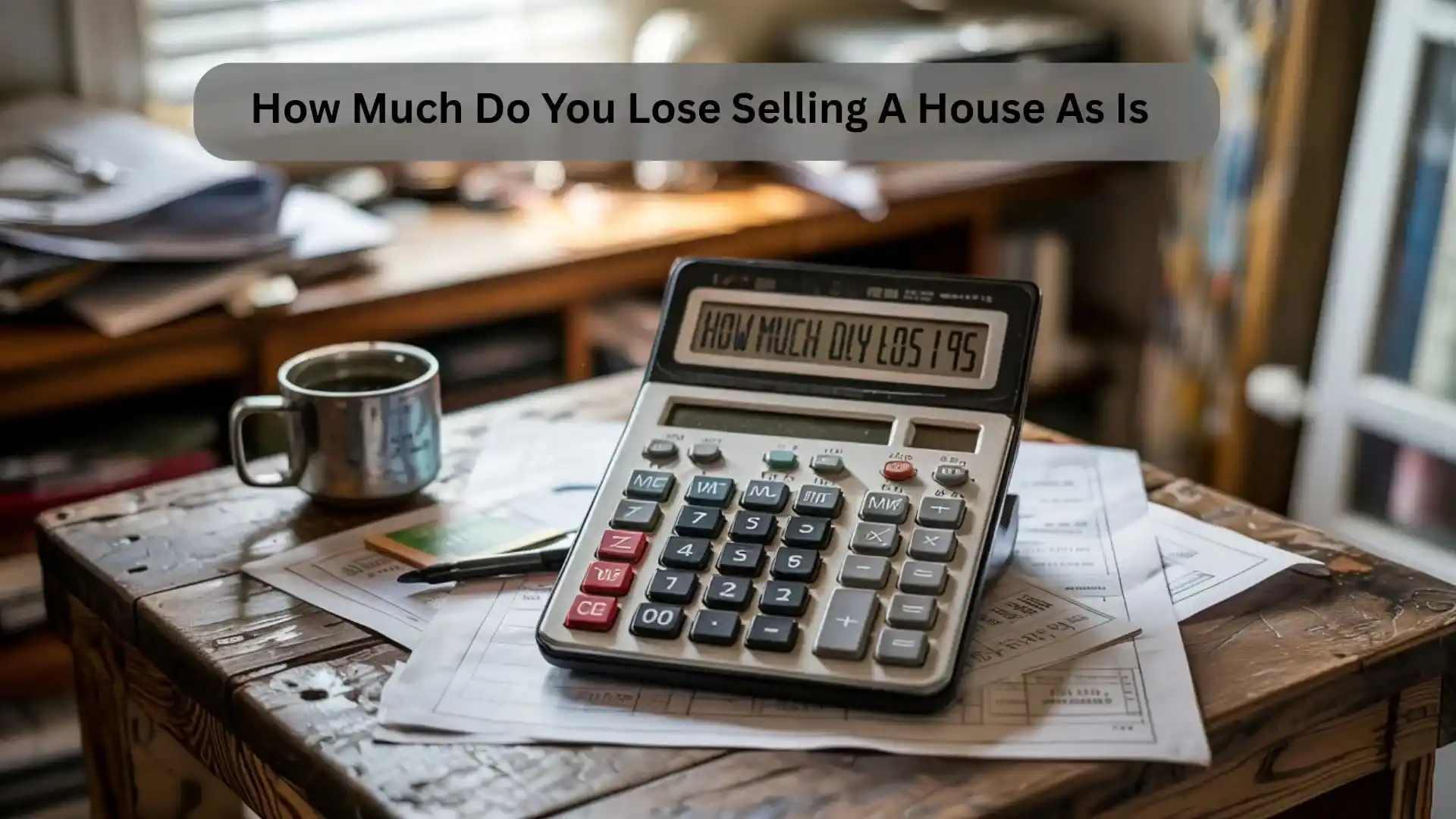
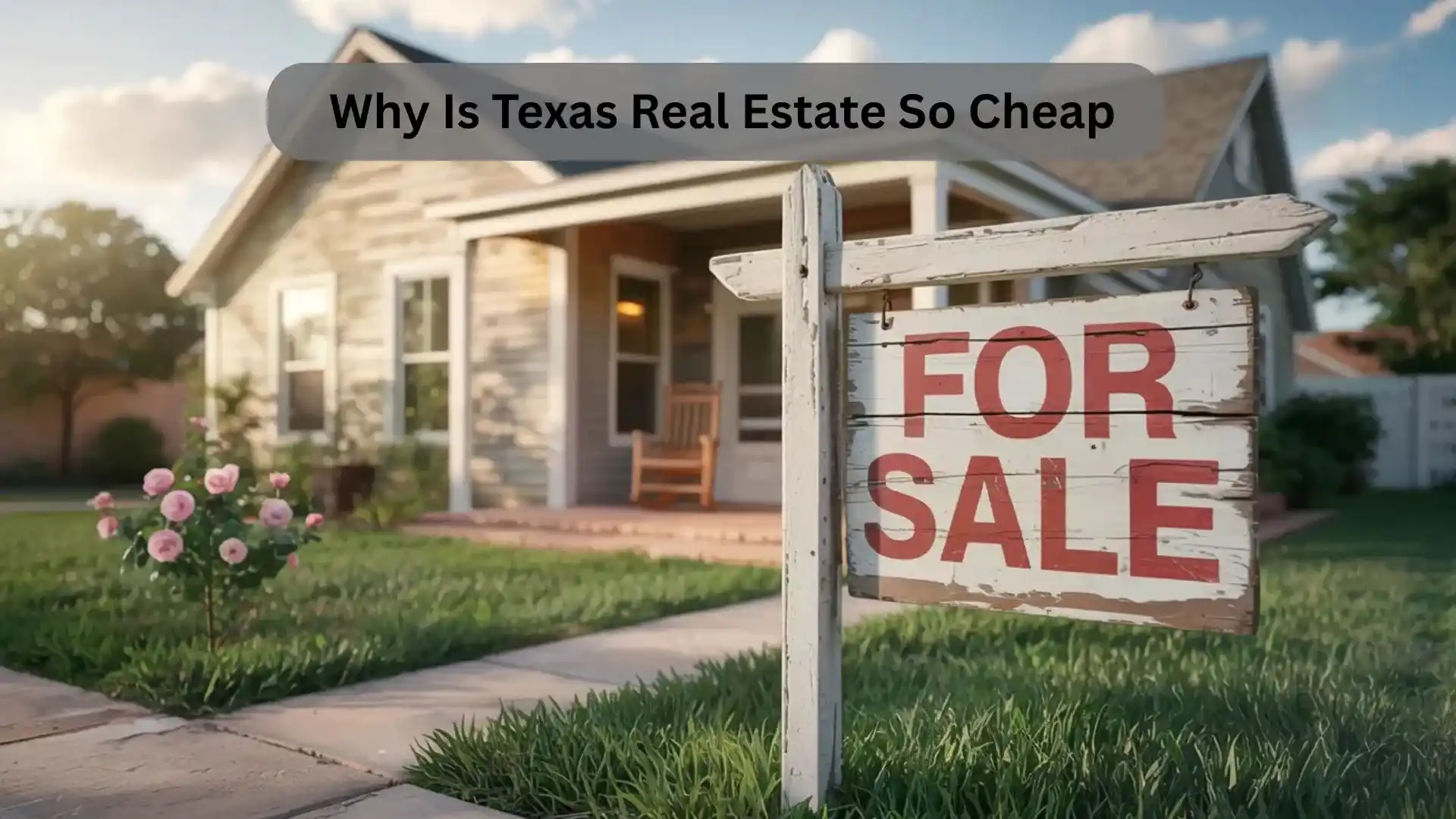
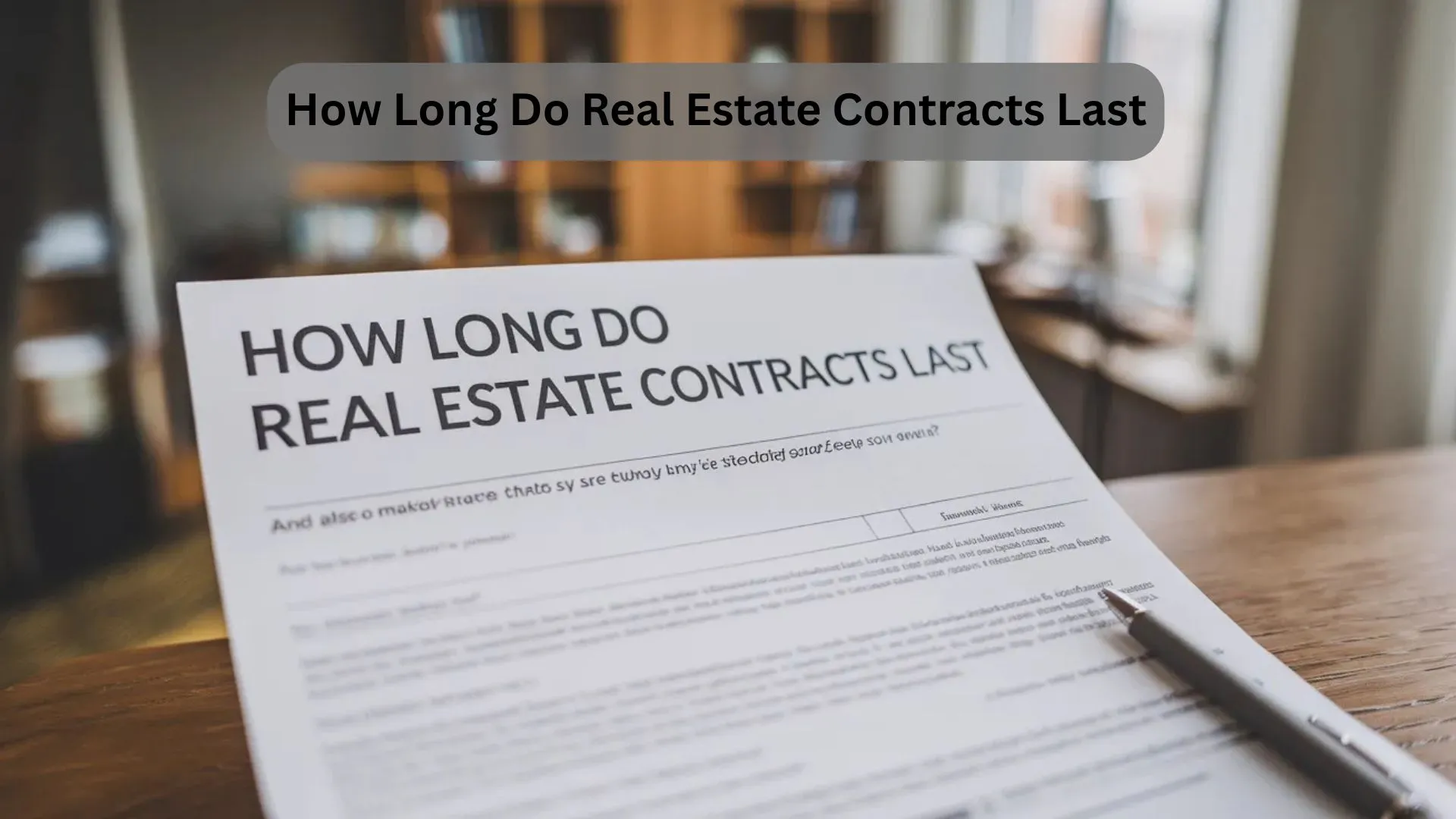
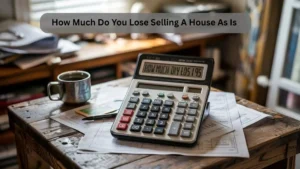
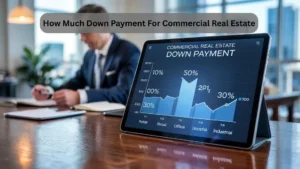

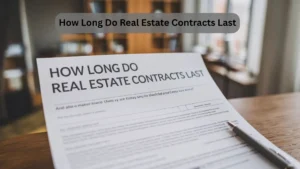
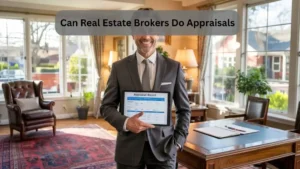
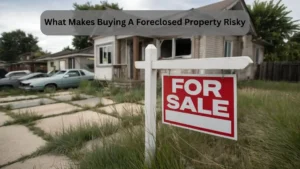

Post Comment